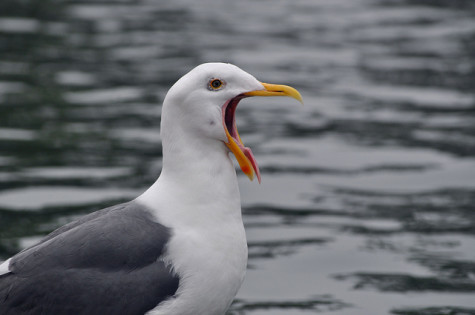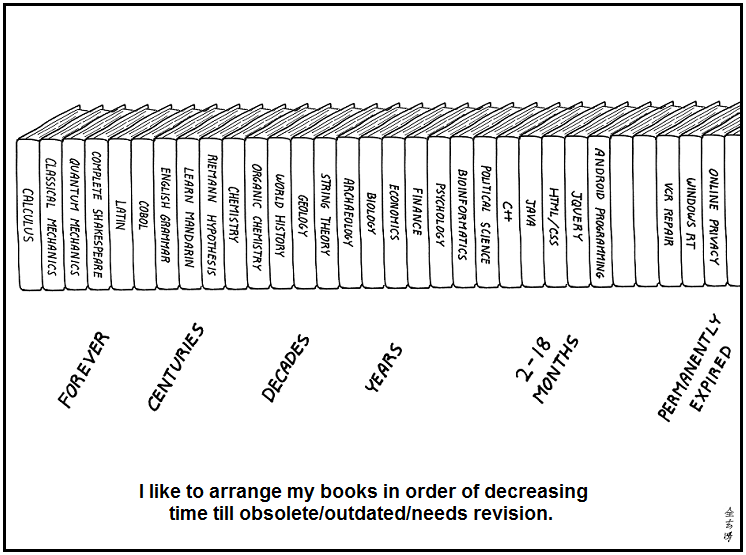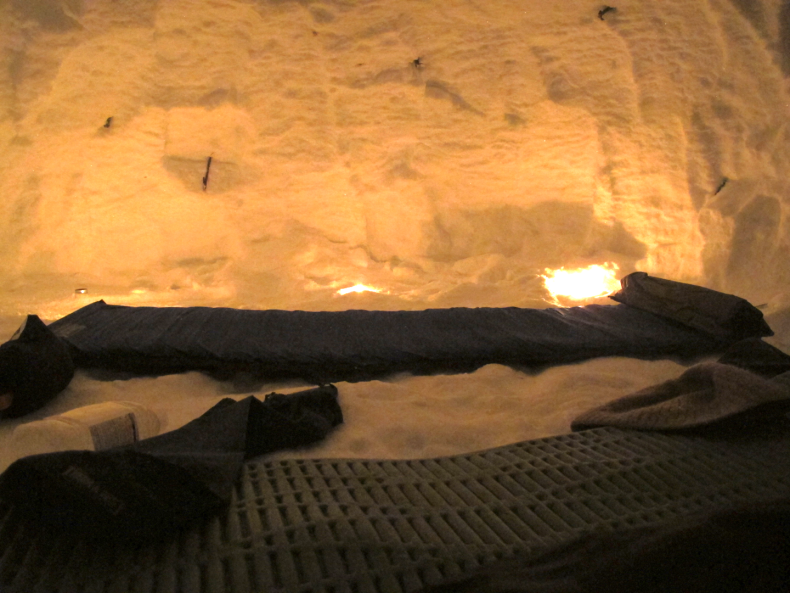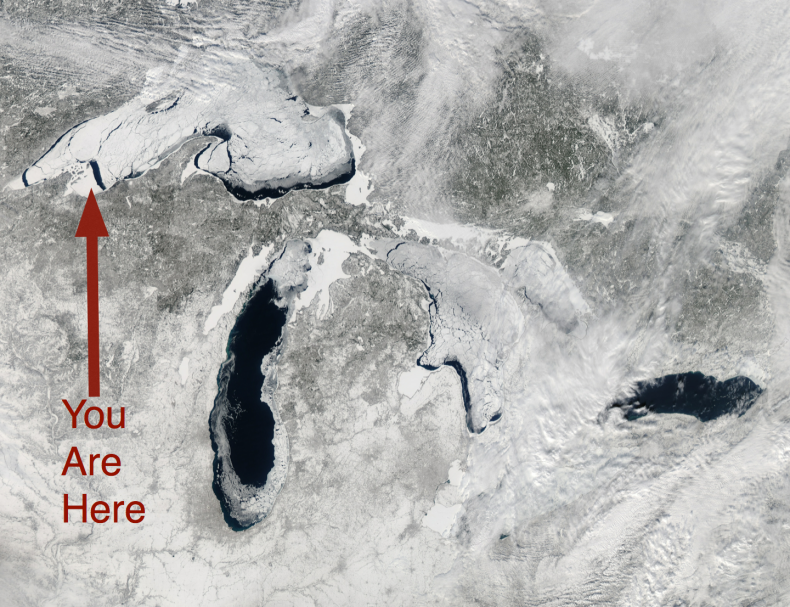 A few weeks ago, biologist Stephen Heard blogged about beauty in scientific writing. Among his examples, he cited an elegant explanation of quantum mechanics research and a playful description of a snake surveying a “disconsolate line” of frogs. More details can be found in Heard’s paper on the subject, which calls for scientists to strive not only for beauty, but whimsy and humour.
A few weeks ago, biologist Stephen Heard blogged about beauty in scientific writing. Among his examples, he cited an elegant explanation of quantum mechanics research and a playful description of a snake surveying a “disconsolate line” of frogs. More details can be found in Heard’s paper on the subject, which calls for scientists to strive not only for beauty, but whimsy and humour.
I’ve often found that the most enjoyable scientific papers are those written more than a century ago. Sometimes I come across them while researching an article that demands historical backstory, and sometimes I just go down a rabbit hole and find myself downloading half a dozen smudged-looking PDFs on early dental prosthetics. Reading these fusty manuscripts nearly always yields some amusement, whether because the authors use a quaint word, a pleasing turn of phase, or writing conventions that strike me as funny today. Continue reading
 The other day while we were playing at a nearby park, a woman got out of her car and swooped over to where my sons and their friends were trying to flip over small boulders. She had these awesome knee high boots, and bright red lipstick. Seeing her reminded me what happens to everyman hero Emmet in The Lego Movie’s everyman when he first sees master-builder WyldStyle—the world goes fuzzy, and the screen is filled with her smile, her stiffly swooshing hair and an angel choir soundtrack.
The other day while we were playing at a nearby park, a woman got out of her car and swooped over to where my sons and their friends were trying to flip over small boulders. She had these awesome knee high boots, and bright red lipstick. Seeing her reminded me what happens to everyman hero Emmet in The Lego Movie’s everyman when he first sees master-builder WyldStyle—the world goes fuzzy, and the screen is filled with her smile, her stiffly swooshing hair and an angel choir soundtrack.




